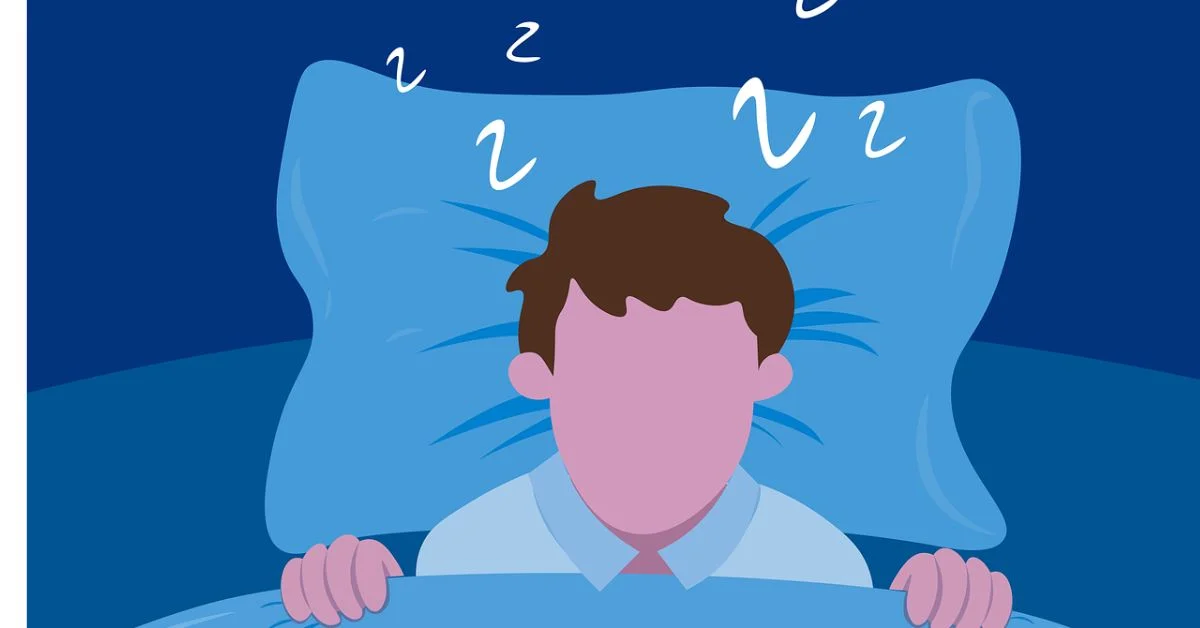
Sleep isn't just downtime; it's up-time for your brain and body. So, make sleep a priority and reap its myriad benefits for a healthier, more fulfilling life.
In our bustling world, sleep (read as sound sleep) often takes a backseat to the demands of daily life. We may sacrifice hours of rest to meet deadlines, binge-watch our favorite shows, or scroll through social media.
However, many fail to realise that sound sleep is not merely a luxury; it's a necessity for optimal cognitive function, memory consolidation, and overall well-being.
Research consistently highlights the profound impact of sound sleep on memory retention and longevity, emphasising its indispensable role in our lives.
ALSO READ | Balancing Sleep And Exercise Vital For Cognitive Health: Study
Sound sleep is characterised by uninterrupted periods of restorative slumber, encompassing all sleep cycle stages; this includes both rapid eye movement (REM) sleep and non-rapid eye movement (NREM) sleep, each contributing uniquely to cognitive processes and physical rejuvenation.
During NREM sleep, the brain engages in critical functions such as memory consolidation, information processing, and synaptic pruning. This phase is essential for encoding newly acquired information into long-term memory, a process crucial for learning and cognitive performance.
Furthermore, NREM sleep fosters the clearance of metabolic waste products from the brain, promoting cognitive clarity and mental acuity.
On the other hand, REM sleep is associated with vivid dreaming and emotional regulation. While its exact role in memory consolidation remains a subject of ongoing research, REM sleep is believed to be vital in integrating complex experiences and facilitating creative problem-solving.
The relationship between sound sleep and memory is intricately woven, with each influencing the other in a symbiotic manner. Adequate sleep not only enhances memory retention but also safeguards against cognitive decline and age-related neurodegenerative diseases such as Alzheimer's.
Research conducted at leading institutions has consistently demonstrated the correlation between sleep quality and memory performance. Studies have shown that individuals who experience deep, uninterrupted sleep exhibit superior memory recall and cognitive function compared to those with disrupted sleep patterns.
One of the fundamental mechanisms through which sleep influences memory is through the consolidation process. During sleep, the brain selectively strengthens neural connections associated with recently acquired information, solidifying memories and facilitating knowledge retention. This phenomenon underscores the importance of uninterrupted sleep cycles for optimizing cognitive performance and academic achievement.
Moreover, sleep deprivation has been shown to impair various aspects of memory function, including working memory, episodic memory, and spatial memory. Chronic sleep insufficiency disrupts the delicate balance of neurotransmitters and hormones in memory formation, leading to cognitive deficits and impaired learning abilities.
In addition to bolstering cognitive function and memory consolidation, sound sleep is intrinsically linked to longevity and overall health. Numerous epidemiological studies have identified a strong association between sleep duration, mortality risk, and life expectancy.
Individuals who consistently achieve the recommended seven to nine hours of sleep per night are more likely to experience a host of health benefits, including a reduced risk of cardiovascular disease, metabolic disorders, and premature death. Conversely, chronic sleep deprivation has been linked to an increased susceptibility to obesity, diabetes, hypertension, and other chronic illnesses that can significantly impact lifespan.
One of the primary mechanisms through which sleep influences longevity is by regulating the body's stress response system. Adequate sleep is essential for maintaining optimal cortisol levels, a hormone involved in stress management and immune function. Prolonged sleep deprivation disrupts this delicate balance, leading to chronically elevated cortisol levels and systemic inflammation, both of which are associated with accelerated aging and decreased life expectancy.
Furthermore, sleep is crucial in regulating vital physiological processes such as metabolism, hormone secretion, and cellular repair. During deep sleep, the body undergoes essential repair and regeneration processes, repairing damaged tissues and bolstering the immune system. Without adequate sleep, these vital functions are compromised, leaving individuals more susceptible to illness and premature aging.
Improving sleep quality doesn't have to be a daunting task. By incorporating simple lifestyle changes and adopting healthy sleep habits, you can optimize your restorative slumber and reap the benefits of enhanced memory and longevity.
Here are some practical tips to help you achieve sound sleep:
By prioritising sound sleep and implementing these strategies, you can unlock the transformative power of restorative slumber, enhancing your memory, cognitive function, and longevity.
In conclusion, sound sleep is not merely a luxury; it's a fundamental pillar of health and well-being. You can optimise cognitive function, memory consolidation, and overall longevity by prioritising adequate rest and adopting healthy sleep habits.
Remember, sleep isn't just downtime; it's up-time for your brain and body. So, make sleep a priority and reap its myriad benefits for a healthier, more fulfilling life.
The Story Mug is a Guwahati-based Blogzine. Here, we believe in doing stories beyond the normal.